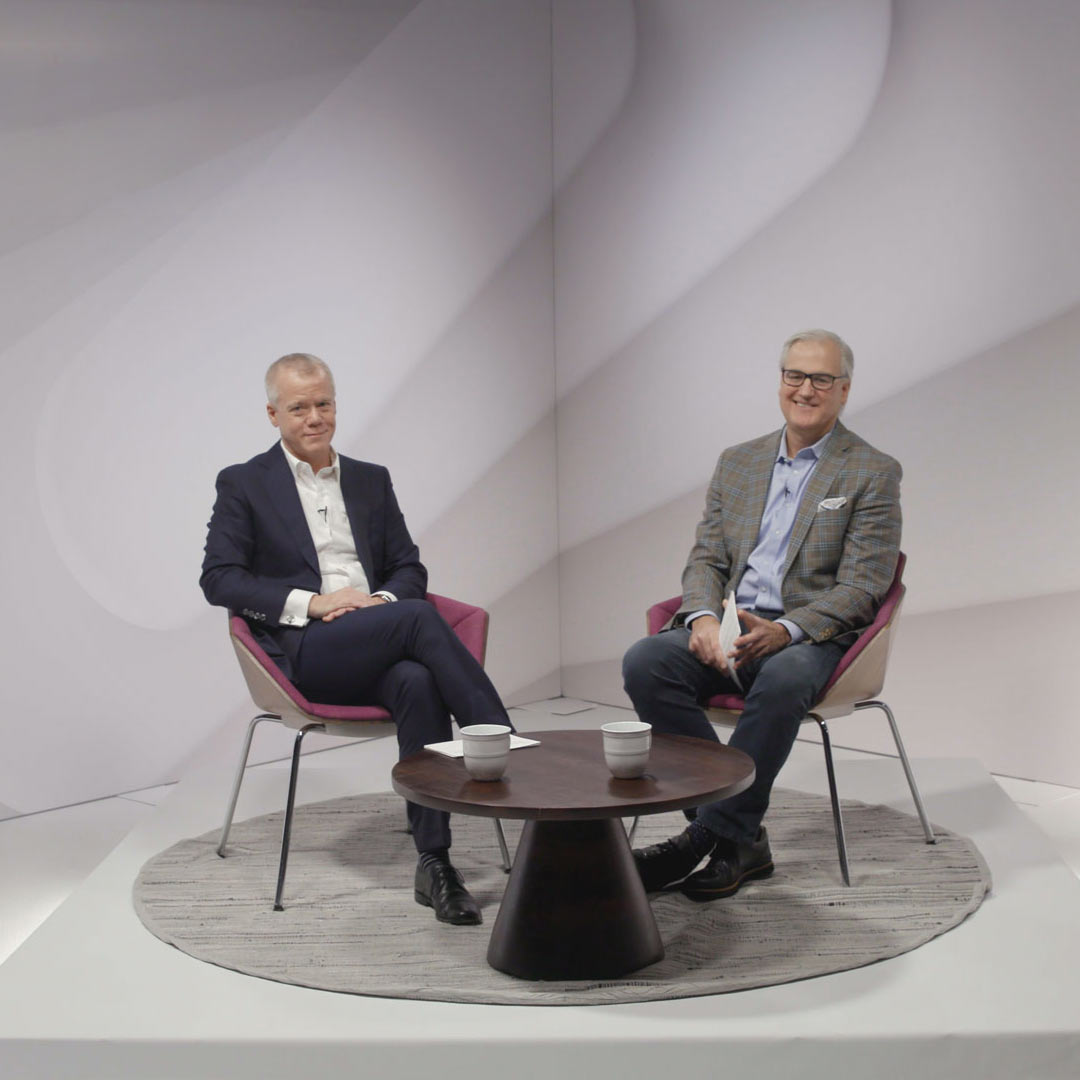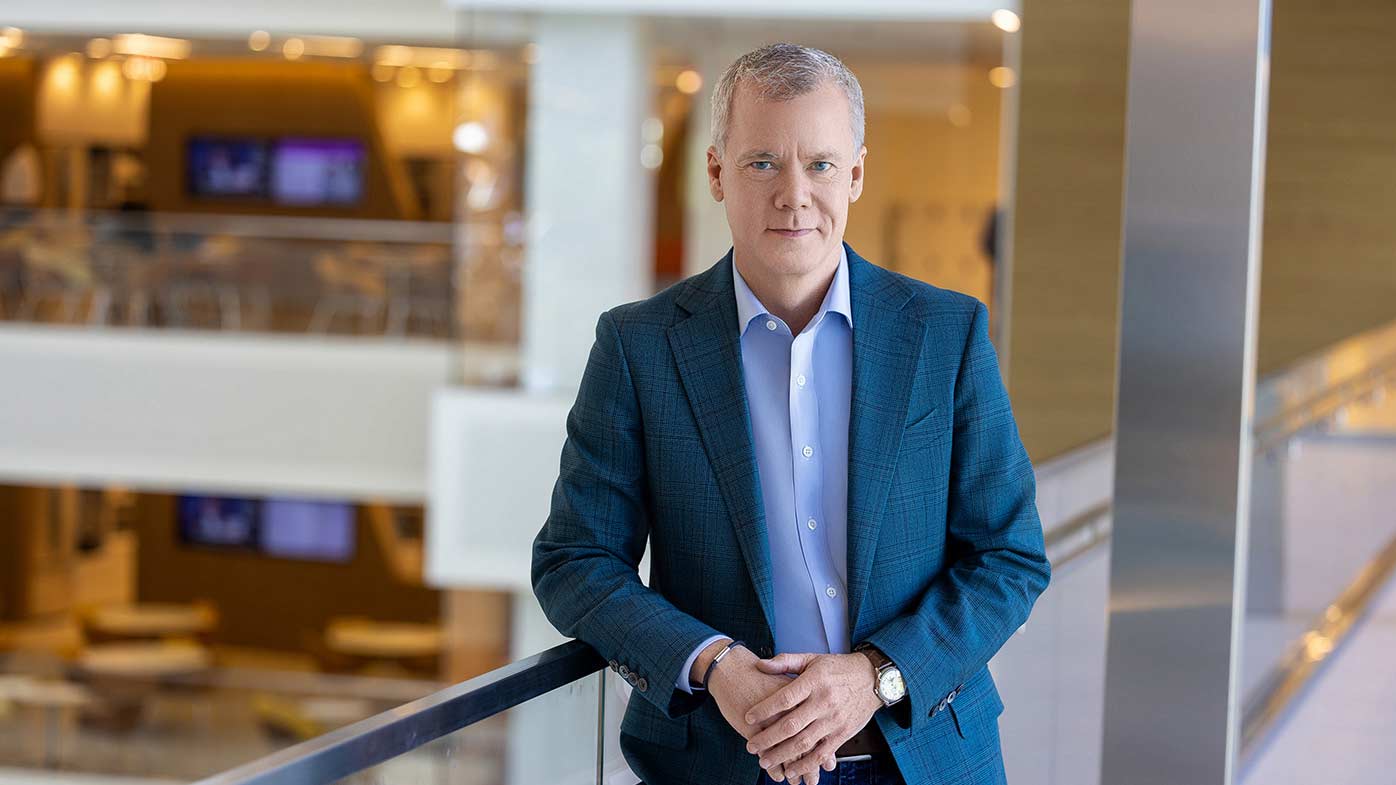'Who are you working for?'
At BMS, all colleagues play a critical role in helping us create and deliver life-changing therapies; and we’re focused on our patients in all that we do.
To help each other visualize the patients whose lives depend on our work, we regularly ask each other, “Who are you working for?” By asking this question, sharing stories of patients, and listening to the many patients who visit and share their stories with us, we’re building a sense of purpose and pride that engages and motivates our employees and strengthens their focus on those who benefit from the medicines that we develop.
And since we started asking “Who are you working for?” in 2014, our employees have shared countless stories of their loved ones who have faced cancer and other serious illnesses BMS is working to treat. Over the same time, the company began sharing patient stories in videos and on posters displayed throughout our offices.
Our unyielding focus on patients defines the company’s culture and distinguishes BMS among its peers. It also means that we rarely, if ever, use the term “patient-centric,” because patient focus guides all that we do.
Patient Input in All Phases
This includes our work to improve clinical trials through initiatives such as the Patient Engagement Networks, which bring together our R&D teams with patients to share feedback on trial protocols, identify barriers to participation and inform development of other advances. It also includes our efforts to personalize the care each patient receives.
Another example of this focus can be seen in our work to ensure that our medicines are supported by evidence of patients in the real world, not just in the clinical trials setting. The FDA recognizes the impact real-world data and evidence is playing in care and the increasing role this data has in healthcare decisions. We continue to use these lessons in our labs to adjust how we’re tackling solutions for patients.
However, even with a culture built on patient focus and a portfolio full of scientific and commercial strengths to deliver on our commitment to patients, we know we cannot do it all alone. This is why we collaborate with partners of all kinds and share ideas with thought leaders from many fields at venues such as the Financial Times Global Conference in London.
It’s in forums such as these that we’re able to discuss and hear a range of views on challenges such as shaping policies to enable better universal health outcomes and approaches to research and innovation that would support such improvements for patients. And it’s here I’m reminded of those who were not lucky enough to see such improvements.
In fact, every couple of weeks I will still remember the day when I got the call about my late cousin nine years ago, to help get her onto that clinical trial. As importantly and every day, I remind myself of how fortunate I am to work for a company committed singularly to the ideal I decided to pursue after my cousin passed: developing drugs that have a meaningful impact on people's lives and working for a company wholly focused on the patient.


